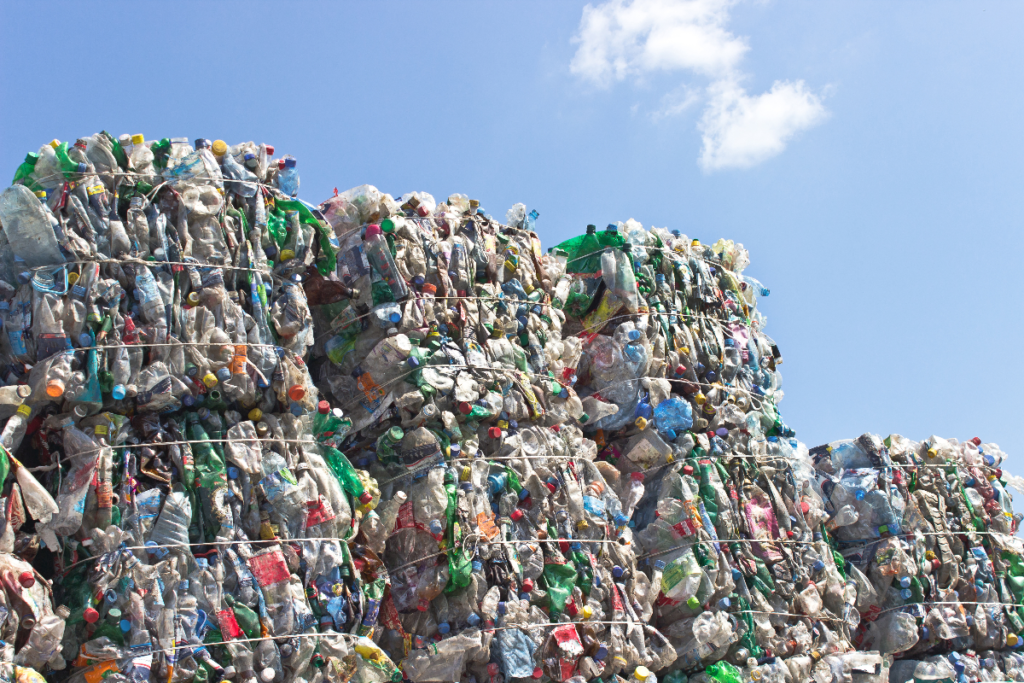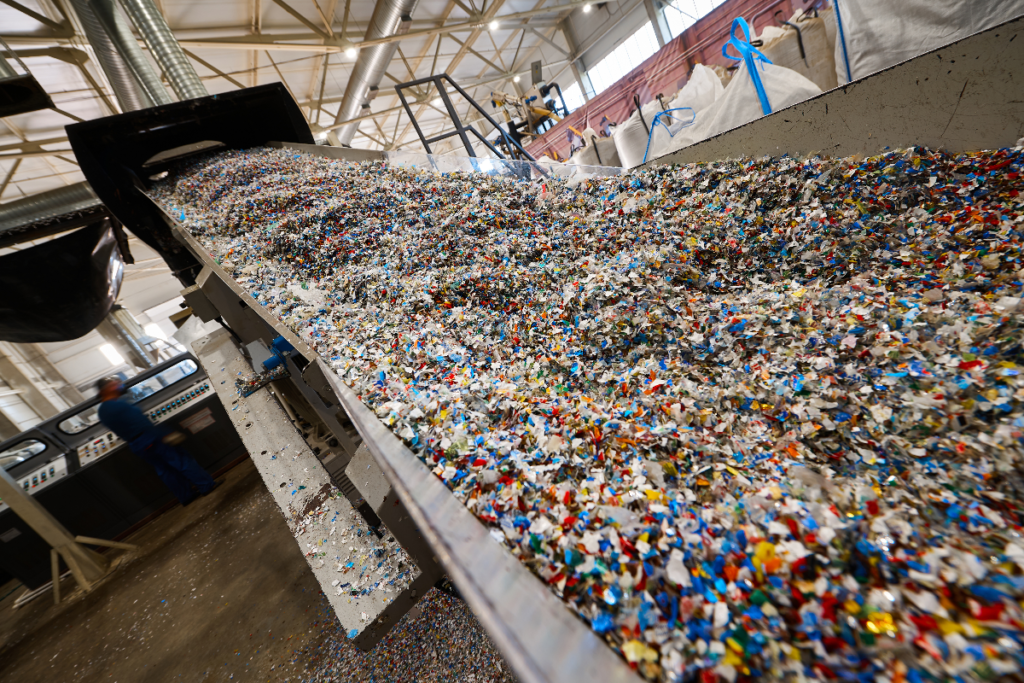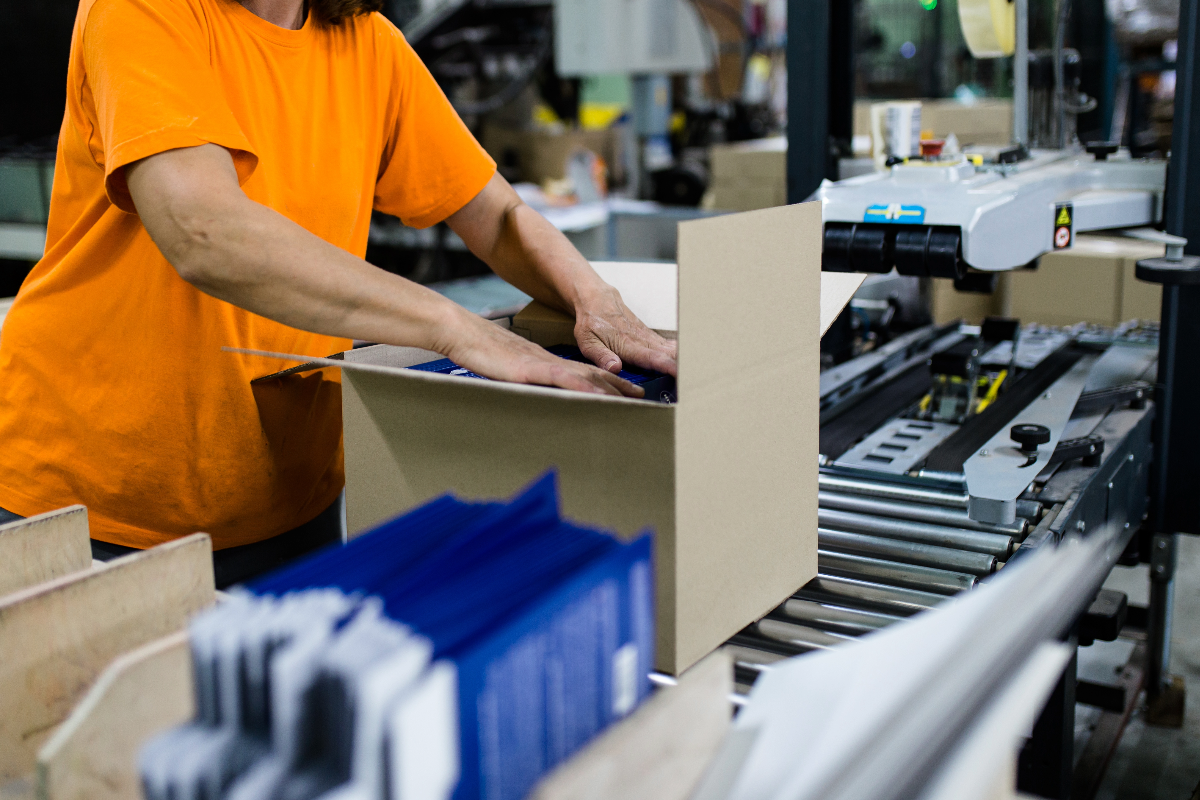BLOG
Net Zero Week 2023: What role does waste play?

This week marks Net Zero Week, a government backed week focused on drawing attention to how we can become a Net Zero society. The UK has legislated to be Net Zero by 2050 – but to achieve this, we’ll all need to make changes. Your business’ waste management is a crucial part of moving forward towards a Net Zero future.
What’s the problem?
Waste plays a huge role in the fight to become Net Zero. The waste sector is the fourth largest sector for emissions as it accounted for 3% of total greenhouse gas emissions in 2017. It’s estimated that the collection, treatment, disposal, and recovery of waste materials in the UK produced around 3.3 million metric tonnes of carbon dioxide emissions over the course of 2020. This amount has slowly been rising since 2010. Other greenhouse gases, like methane, are also usually higher across the waste sector. Food waste is estimated to contribute to around one-third of total greenhouse gas emissions.
What’s the goal?
The goal is to ultimately become Net Zero. This involves balancing the emissions released into the atmosphere with the emissions reduced from the atmosphere. Back in 2020, the Government published The Ten Point Plan for a Green Industrial Revolution. This set out the plan for the UK to become Net Zero by 2050. It focuses on shifting to zero emission vehicles and investing in greener buildings. If we achieve these plans, we should be able to limit global warming to under 1.5°C which would reduce dangerous effects of climate change.


What role do businesses play in becoming Net Zero?
Businesses play a large role in becoming a Net Zero society. It’s estimated that 67% of emissions come from public and private businesses. If your business hasn’t already made a pledge to become Net Zero in its Corporate Social Responsibility plans, now’s the time. It’s more important than ever for businesses to show their commitment to working towards a sustainable future. A report found that 32% of consumers would be prepared to pay more for products if the brand is showing they’re reducing their carbon footprint.
How can businesses achieve a Net Zero future?
There is so much that can be done to work towards a Net Zero future. Having a waste reduction plan set out in any sustainability initiatives and missions is a key factor to becoming Net Zero. The less waste you’re producing, less energy you’re using to transport and process the waste. This reduces the indirect emissions you’ll produce from the handling of your waste. This works to cut down your Scope 3 emissions, helping your business take a step closer to having zero emissions. You could also invest in electric vehicles or switch to a zero emission fleet to reduce your emissions further.
If you’ve reduced the amount of waste you’re producing to as little as you can, utilising equipment to delay your waste collections might be a better solution. Using equipment such as a baler or compactor can dramatically extend the time in between waste collections. If you could reduce your collections by one a month, you could see a huge reduction in your emissions.
Click below to learn more about our balers!
Ensuring that you’re diverting as much waste from landfill is crucial too. Landfills account for around 70% of all greenhouse gas emissions for the waste management sector with the main gas produced being methane. Ensuring that you’re recovering and recycling as much of your waste as possible, helps to keep greenhouse gas emissions from landfill low. This reduces the amount of damage your waste does to the environment and helps your business build a more sustainable future. Ensuring you’re compliant with schemes like ISO 14001 and PRN/EPR schemes will naturally help you reduce the amount of waste you produce and in turn, reduce your emissions.
What are other businesses doing to achieve Net Zero?
Lots of businesses are already making steps to achieve Net Zero. IKEA recently announced their Climate Positive Plan which focuses on reducing their emissions in line with the 1.5°C target. As materials make up over 50% of their carbon footprint, this looks at using more materials with a lower carbon footprint. This is in addition to switching to a circular business model. Coca Cola pledged to reduce their emissions by 25% by 2030 through Science Based Targets. They’re creating bottle prototypes made from 100% plant-based sources and their new bottle lids encourage more material to go for recycling.
Contact Us
Does your business want to work towards a Net Zero future? Our team of experts are on hand to create your business a bespoke waste management plan to help you reduce your carbon emissions and achieve your Net Zero goals. Contact our team today to learn more about how Flame UK can support your business.




